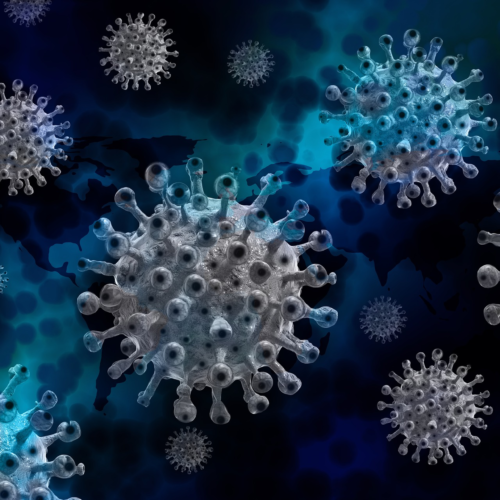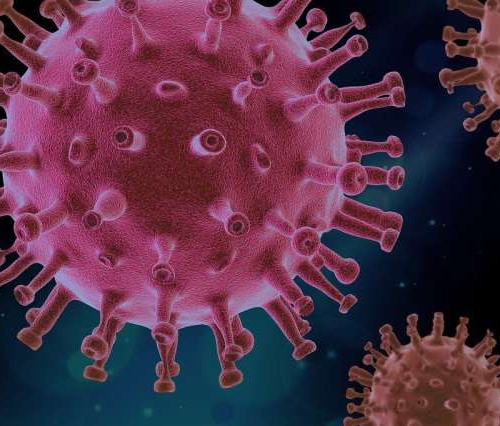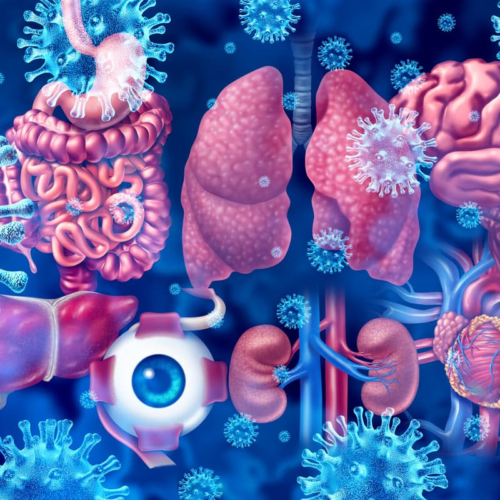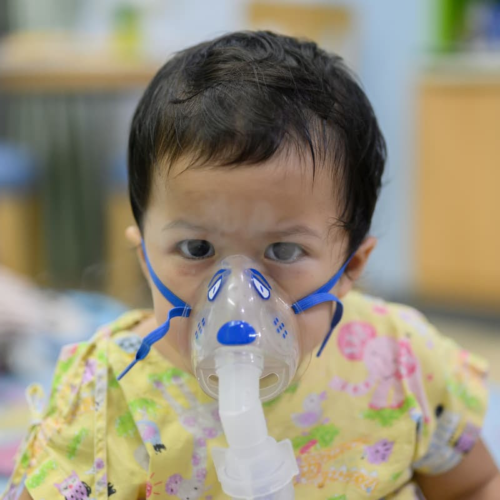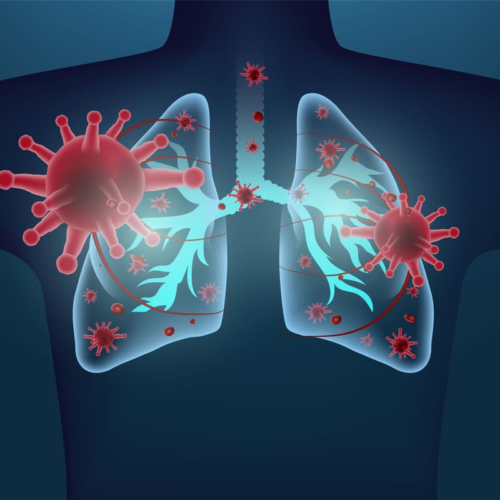Stephanie Soucheray, MA Two new studies show immune-compromised patients, including those with cancer and HIV, have varied times until they clear the virus, with some at increased risk for persistent COVID-19 infections. Risks of prolonged infectionIn the first study, published The Lancet Microbe, researchers assessed 150 immunocompromised patients with COVID-19 from five US healthcare systems...
Category: <span>Virology</span>
Five Bold Predictions for Long COVID in 2024
Sara Novak With a number of large-scale clinical trials underway and researchers on the hunt for new therapies, long COVID scientists are hopeful that this is the year patients — and doctors who care for them — will finally see improvements in treating their symptoms. Here are five bold predictions — all based on encouraging...
Scientists Discover How Ultraviolet Light Degrades Coronavirus
New research has revealed how light can be used to destroy infectious coronavirus particles that contaminate surfaces.Scientists are interested in how environments, such as surgeries, can be thoroughly disinfected from viruses such as SARS-CoV-2 that caused the COVID-19 pandemic. Coronavirus – illustrative photo. Image credit: Pixabay (Free Pixabay license) SARS-CoV-2 viral particles are composed of...
Study: This protein may be the ‘glue’ that helps COVID virus stick
by Tulane University Credit: CC0 Public DomainWhen SARS-CoV-2 enters the human body, the virus’ spike protein binds to a cell, allowing the virus to infiltrate and begin replicating. A new study from Tulane University, conducted in partnership with Florida International University and published in Protein Science, has identified a protein that may be the glue that...
Persistent presence of SARS-CoV-2 RNA found in long COVID patients
By Dr. Sanchari Sinha Dutta, Ph.D.Jan 23 2024Reviewed by Benedette Cuffari, M.Sc. In a recent study published on the medRxiv* preprint server, researchers conducted blood digital transcriptomics to determine the persistence of severe acute respiratory syndrome coronavirus 2 (SARS-CoV-2) ribonucleic acid (RNA) in patients living with long-term consequences of coronavirus disease 2019 (COVID-19). Study: Blood...
Smoking Gun’: Study Reveals How Virus May Trigger Multiple Sclerosis
By CLARE WATSON koto_feja/Getty Images) Epstein-Barr virus, a common virus that infects most people at some point in their lives, has long been suspected as a trigger of multiple sclerosis, an autoimmune disease affecting around 36 people in every 100,000 worldwide. But exactly how this virus trips the immune system into attacking the body’s own...
JN.1 variant’s spread not due to enhanced immune escape, study suggests
By Dr. Sanchari Sinha Dutta, Ph.D.Jan 14 2024 A recent study published in the journal Eurosurveillance claims that the recent upsurge in cases with the JN.1 variant of severe acute respiratory syndrome coronavirus 2 (SARS-CoV-2) may not be due to the immune escape ability of the variant. Rapid Communication: Humoral immune escape by current SARS-CoV-2...
Exercise makes long COVID worse, and researchers may now know why
By Rich Haridy New research reveals impaired oxygen absorption and mitochondrial dysfunction in muscle cells may explain why exercise makes long COVID patients feel worseDepositphotos One of the most consistently reported symptoms of long COVID is the tendency for strenuous exercise to make the condition worse. Not only does long COVID reduce a person’s capacity for...
RSV found to infect nerve cells & may cause inflammatory nerve damage
By Paul McClure Researchers have found that RSV, very common in children, can also infect and damage nerve tissue Depositphotos Thought only to infect the respiratory tract, new research has proved for the first time that the respiratory syncytial virus (RSV), very common in young children, can also penetrate nerve cells directly, triggering excessive inflammation and...
New COVID variants better infect lungs, could cause more severe disease
By Rich Haridy Research indicates newer COVID variants stemming from BA.2.86 can infect the lungs more effectively than any variant since Delta Depositphotos A newly published study from researchers at Ohio State University has found the recently emerged BA.2.86 variant of SARS-CoV-2 has a greater propensity for infecting certain lung cells than any prior Omicron variant....


